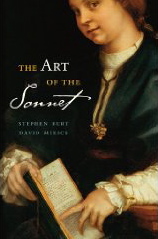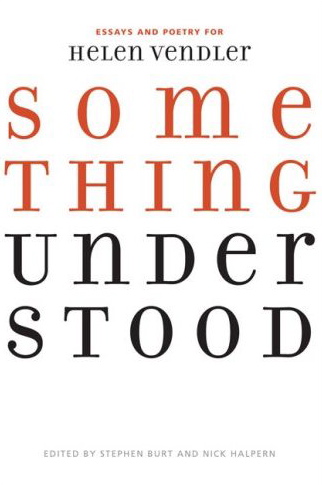It’s an extremely good week around here for nonacademic nonfiction, by friends and by famous strangers:
Douglas’s five-minute explication of Kant with reference to Wolverine and Reed Richards, available here as embedded video, isn’t just a very funny, and very useful, explication of Kant: it’s also a good quick show of how to give an effective lecture in the arts and humanities, how to know your audience, and how to use images well.
Sara’s book about Riot Grrrl isn’t out yet, but the site that promotes it is, with teasers for the book and links to her earlier writings. Also recommended.
This morning I finished the big detailed book on Sesame Street that’s been getting publicity everywhere: it’s worth your time if you ever cared about Muppets, and it makes a neat contrast with some very poorly crafted reported nonfiction I’m supposed to review at great length next month.
The first season of Friday Night Lights, the television series, must be the best writing ever done for TV, or at least the best I’ve ever seen– better than seasons 2 and 3 of Buffy, better than Aaron Sorkin’s best moments, better than The Singing Detective, better than the first three seasons of that show about Mafiosi in New Jersey. Jessie and I have been watching it– well, avidly, isn’t the word. (Virginia Woolf’s comments on George Eliot, as compared to her peers in the mid-Victorian novel business, might be the word.) I recommend the second season, too, though maybe not with such buttonholing, over-the-top enthusiasm, and I’m now reading the well-known nonfiction book that generated, first a film, then the TV show. It’s hard to put down.
But you have to put it down if your three year old wants to go play in the snow, and by “play” in his case we mean “play music”: Nathan spent much of the morning and part of the afternoon pretending a big stick was a contrabassoon, then pretending a medium-size stick with a clump of snow (played with a smaller stick) was a viola, and that a set of thin trees were tubular bells. Now that’s outdoor fun I can get behind. Fortunately, when asked, we can find and watch some great punk rock violin. And some smoking rock viola. Merry holidays to everyone; watch out for the freezing rain; and enjoy the new year.








